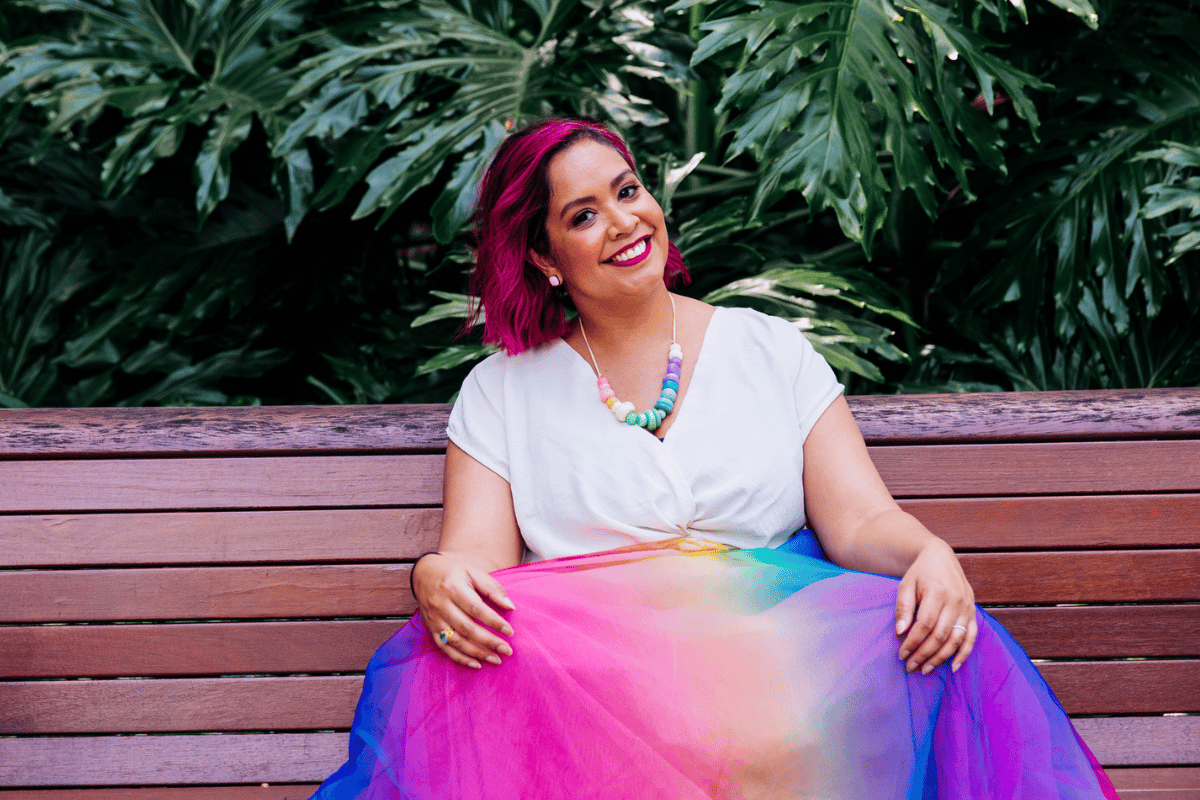
There's a news story that's gathering a wild amount of attention in Australia right now. It's a story that focuses on the subject of gender-neutral parenting.
On this week's episode of 60 Minutes, the program delved into the topic of 'theybies', speaking to parents who have chosen not to assign their babies a gender at birth, and choosing to keep their child's sex (ie. their reproductive anatomy) a secret.
This means 'they' pronouns are used rather than 'he' or 'she', often until the child is old enough themselves to tell their parents what gender identity they most feel aligned to.
Dr Kyl Myers has written previously for Mamamia about her and her partner's experience of not assigning a gender to their child, Zoomer.
The preview for the 60 Minutes episode everyone is talking about. Post continues below.
As she wrote, "I didn't want to make assumptions about what my child's gender identity and interests would be; I wanted to let my kid tell me who they are, instead of the other way around. I do gender creative parenting because I don't want to perpetuate sexist stereotypes and oppression that children are inundated with from birth."


Top Comments